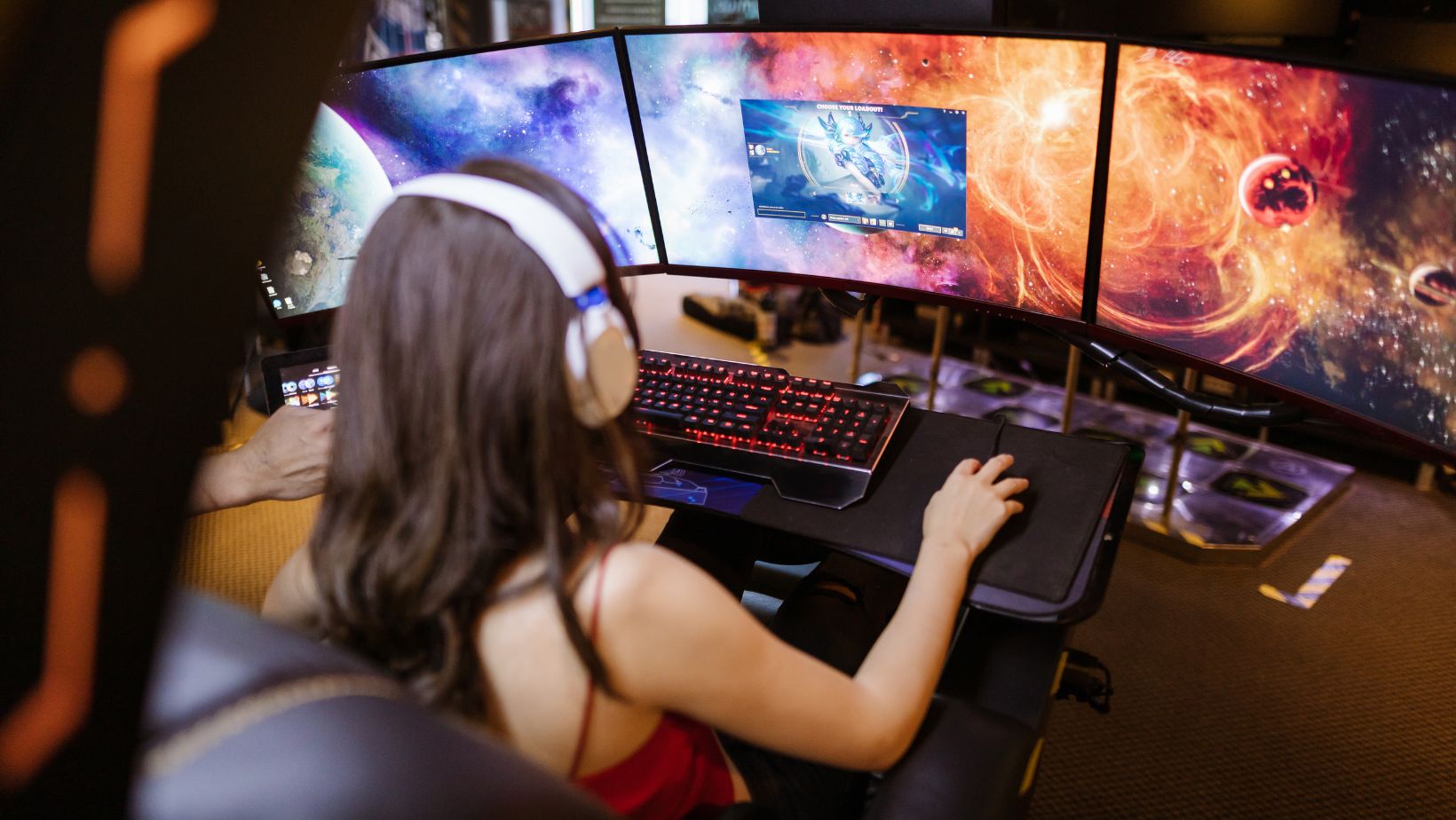Choosing the right team for a full cycle of video game development is one of the most important decisions you’ll make for your project. A capable game development studio doesn’t just create visuals and code—it manages every stage from concept to post-launch support.
Whether you’re considering in-house production or game design outsourcing, knowing what to look for in a partner can save time, reduce costs, and ensure your game meets both creative and technical goals. This guide outlines the key features that define a strong, reliable full-cycle development team.
Key Roles in a Full-Cycle Games Development Company
A professional game dev studio covers every stage of production with a well-rounded team of specialists. Key roles typically include:
- Game designers – define the game’s concept, mechanics, and overall player experience.
- Concept artists & 2D/3D artists – create visual styles, characters, environments, and assets.
- Animators & VFX artists – bring characters and worlds to life with movement and effects.
- Developers & programmers – build the game’s core systems, implement features, and ensure functionality across platforms.
- Sound designers & composers – develop immersive audio experiences that support gameplay.
- QA testers – identify bugs, performance issues, and design inconsistencies before release.
- Producers & project managers – coordinate workflows, timelines, and communication between departments.
How to evaluate a game development company
When choosing a game dev studio, one of the first things to check is the team’s technical and creative skills. A reliable partner should not only deliver visually impressive content but also make it work seamlessly across platforms.
Look for proven expertise with essential game engines such as Unreal Engine, Unity, or proprietary tools. A strong game development company will also be fluent in supporting software for modeling, animation, and VFX to cover the entire pipeline.
Previous experience is another critical factor in game outsourcing. Teams that have worked on projects similar to yours can anticipate challenges and apply proven solutions, saving you time and money.
Effective communication and project management are equally important. A games development company should provide clear feedback channels, regular progress updates, and transparent milestone tracking to keep the project on schedule.

Finally, post-launch support is a must in full-cycle game development services. Your partner should be ready to handle patches, updates, and optimizations to ensure the game’s long-term success. Choosing a studio with a balanced mix of creativity, technical mastery, and commitment to ongoing support will give you the confidence that your project is in capable hands.
Red Flags When Choosing a Game Development Company
When evaluating a potential partner, watch out for signs that could lead to delays, poor quality, or wasted budgets:
- Vague or overpromising proposals – if a company promises unrealistic timelines or results without a clear plan, it’s a warning sign.
- Lack of portfolio or relevant experience – a reliable game dev studio should have proven projects similar to yours.
- Poor communication – slow responses, unclear answers, or missed meetings can indicate future collaboration problems.
- No clear project management process – without structured planning and progress tracking, deadlines and quality often suffer.
- Outdated tools and technology – if the team isn’t using modern engines or workflows, your game may struggle to compete in the market.
- Hidden costs or unclear pricing – transparent contracts and pricing structures are essential to avoid unexpected expenses.
Identifying these red flags early can save you from costly mistakes and help you choose a game development company that delivers on its promises.
Conclusion: How to Select the Right Game Development Outsourcing Partner
Now that you know the basics of how game dev studios are organized, you can start looking for the one. The first step is to check the studios you like and check them against your criteria: do they work with your preferred genre and style? Is their portfolio impressive and relevant?
To gather all the information you need, you’ll have to schedule a call. Till the moment you get a quote, you typically would know of any red flags. Does the price fit into the budget? If the answer is yes, you are ready to outsource game development.
